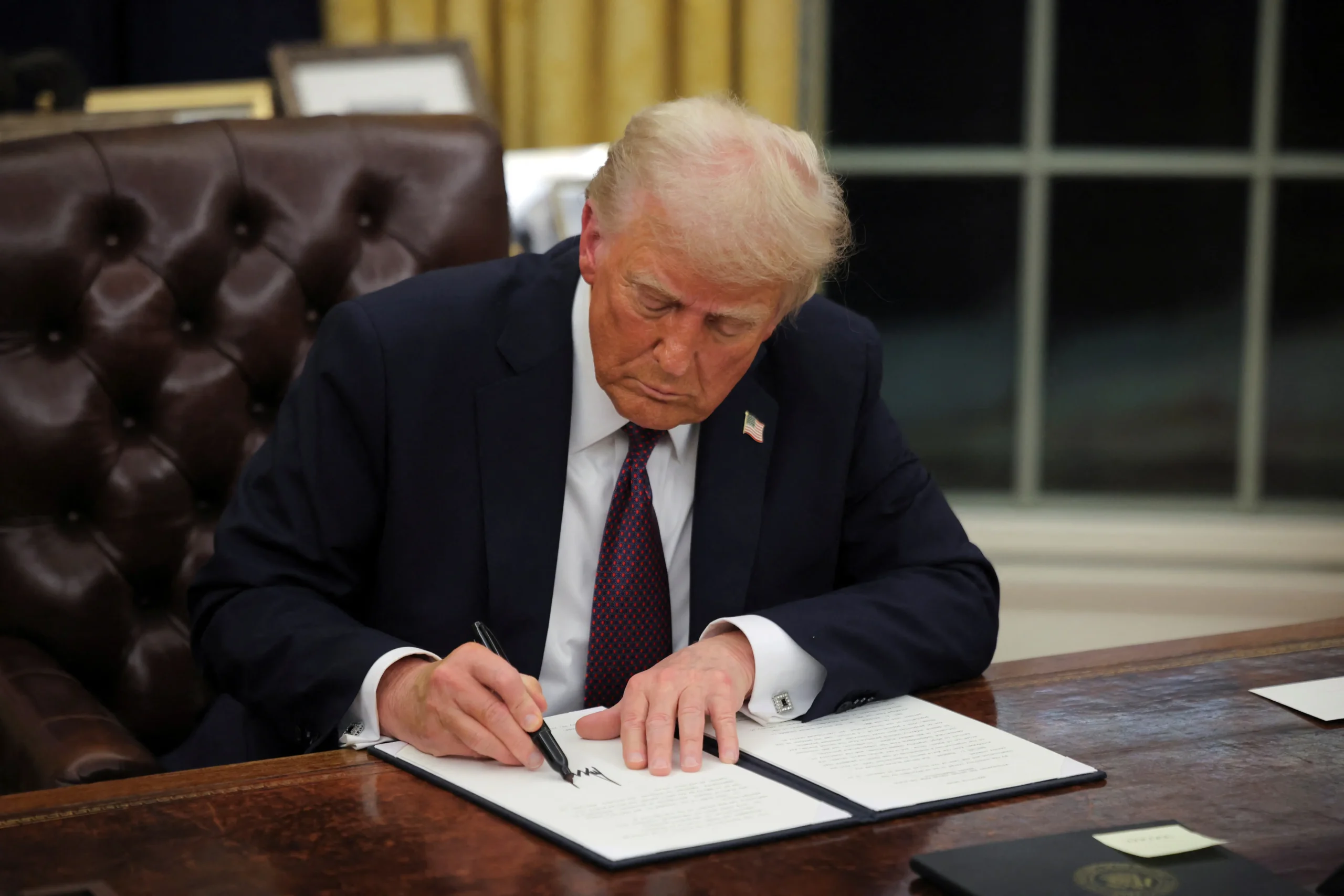Iran’s Executions Reach Record High in 2024, UN Urges Halt to Death Penalty
Iran reportedly executed at least 901 people in 2024, marking the highest number in nine years and reflecting a disturbing rise in the use of the death penalty. The figure, which includes a surge of executions in December, represents a 6% increase from the previous year and includes individuals sentenced for drug-related offenses, dissidence, and involvement in the 2022 protests. UN Human Rights Chief Volker Türk condemned the growing trend, urging Iranian authorities to halt all executions and implement a moratorium on the death penalty. “It is high time Iran stemmed this ever-swelling tide of executions,” Türk said, emphasizing the incompatibility of the death penalty with the fundamental right to life and the risk of executing innocent individuals. Of the 901 executions, a significant portion involved ethnic minorities, with 183 Kurds among those executed. Human rights organizations also reported a troubling rise in the number of women executed, with at least 31 women put to death, the highest figure in 17 years. Among those executed, many were convicted of drug offenses, which critics argue do not meet the threshold for capital punishment under international law. Reports also highlight the execution of five juvenile offenders, in violation of international standards that prohibit capital punishment for individuals under 18 at the time of their offense. Iran’s 2024 executions accounted for 74% of global executions, excluding China, which is believed to carry out thousands of executions annually but does not disclose data. The United Nations and human rights groups have continued to pressure Iran to end its use of the death penalty, particularly for non-violent offenses.



